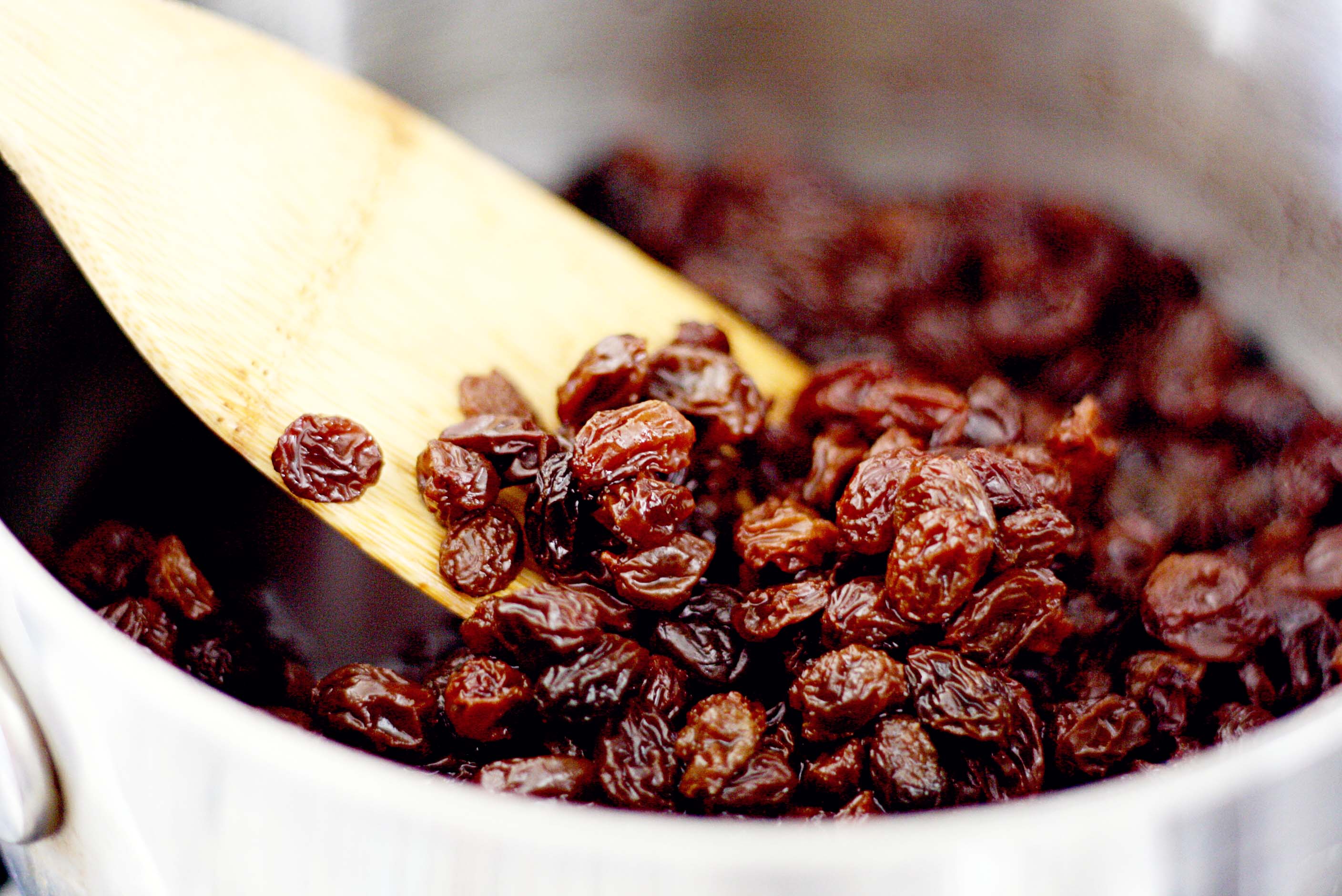Heart-Healthy Foods For The Year Ahead

According to the National Center for Health Statistics, heart disease is the leading causing of death in both men and women.
Certain factors beyond an individual’s control, such as family history and age, affect his or her risk of developing heart disease, but men and women are not helpless against heart disease.
Diet can be a friend or foe with regard to heart disease.
A bad diet may elevate a person’s risk for high blood pressure, heart attack or stroke, while a diet rich in heart-healthy foods can lower that risk. The following are a handful of heart-healthy foods for men and women who want to begin the new year on a nourishing foot.
• Raisins: Researchers from the Louisville Metabolic and Atherosclerosis Research Center found that consuming raisins three times a day may significantly lower blood pressure among individuals with mild increases in blood pressure. Raisins can help combat the growth of a type of bacteria that causes gum disease, which few people may know is linked to heart disease. In lieu of reaching for cookies or potato chips come snack time, opt for heart-healthy raisins instead.
• Salmon: Though its label as a fatty fish may lead some to question its nutritional properties, salmon is rich in omega-3 fatty acids, which can decrease a person’s risk of developing an abnormal heartbeat (arrhythmia), slightly lower blood pressure and slow the growth of atherosclerotic plaque, the buildup of which can contribute to heart attack, stroke or even death. Albacore tuna, herring and lake trout are additional examples of heart-healthy fatty fish.
• Whole grains: Whole grains help men and women maintain healthy weights while lowering their risk for heart disease, making them perfect dietary additions for anyone who resolves to lose weight and protect their heart in the year ahead. According to the American Heart Association, whole grains, such as whole wheat, oats/oatmeal, rye, barley, and brown rice, are great sources of dietary fiber, while refined grains like white rice and enriched bread contain little fiber. That’s an important distinction, as dietary fiber can improve blood cholesterol levels and lower risk of heart disease and stroke.
• Tomatoes: Researchers at Boston’s Tufts University analyzed more than a decade’s worth of data in an effort to discover the effects of lycopene, which is the antioxidant responsible for giving tomatoes their familiar red color, on the cardiovascular system. They ultimately discovered that people who regularly consumed foods with lycopene over an 11-year period reduced their risk of coronary heart disease by 26 percent. The lycopene found in tomatoes may be even more accessible when they are cooked.
Aspiring to eat healthier is a goal for many people come the dawn of a new year. For more information about heart-healthy foods, visit www.heart.org.
–Metro Creative
Connection
Story Credit: http://www.westplainsdailyquill.net/features/food_dining/article_6477e188-cef3-11e6-a8a3-7f033defa1f1.html?mode=story


